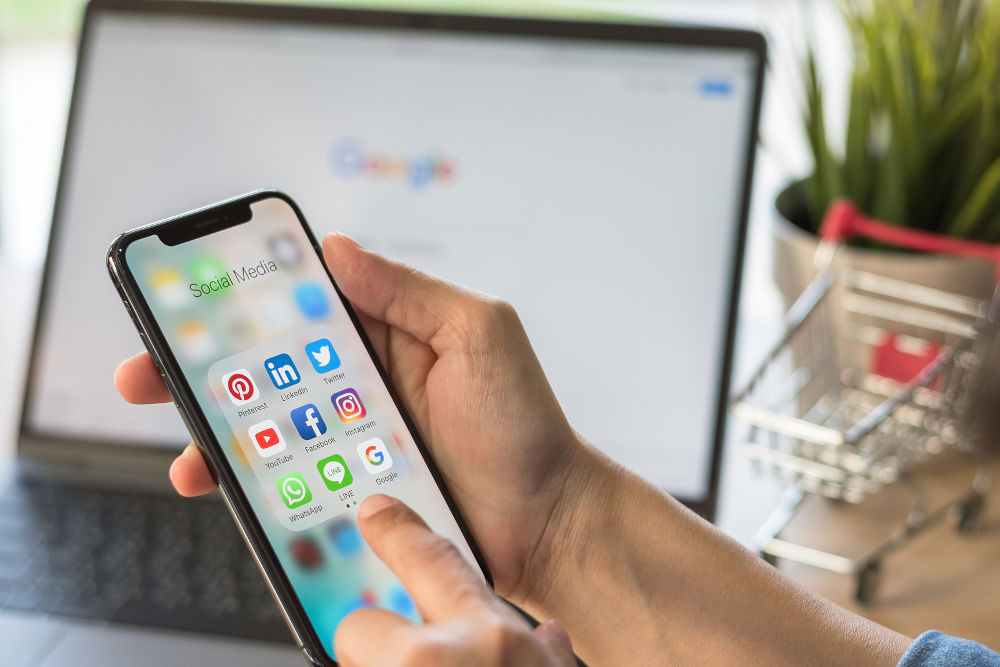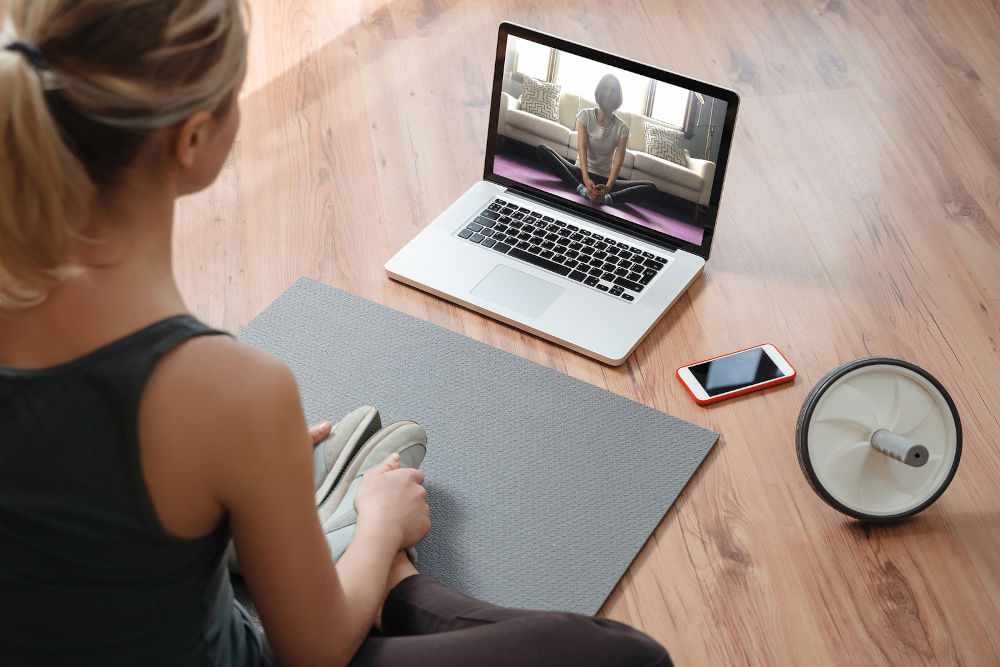If there’s one thing that has changed the world the most dramatically over the past few decades, it’s the internet. Transforming just about everything about the way we live our lives – from how we work and find information, to how we shop and socialise – today, it’s hard to imagine our lives without it, and if you’re a young millennial or a Gen-Y-er, it might be even more difficult to get your head around what life was like before the world moved into the digital age.
There’s no denying that widespread internet access has its pitfalls, and it has come under fire over recent years due to a steady increase in anonymous online bullying and trolling, with social media, in particular, coming under criticism for not doing more to keep these issues under control.
At times, it’s easy to get swept up in the negatives and take all that the internet has done for us for granted as a result, but despite the challenges it has brought, it pays to remember how much easier it has made our lives, too. It can be hard to recognise quite the degree of impact it has had when we are so accustomed to using it on autopilot each day, but if it were suddenly taken away then there is no doubt that we would all greatly feel its loss!
Here, we take a look at five ways the internet has made our lives simpler over the years – allowing us to do everything from staying connected with friends and family to turning a tidy profit and potentially generate millions of pounds of revenue, all at the click of a button.
Learn from the best

For a price, the Masterclass platform lets individuals take classes by some of the biggest names in the world. For instance, if you want to learn how to write, you can take lessons from Dan Brown, author of the Da Vinci Code and Angels and Demons, or Judy Blume, who is most known for her children’s and young adult fiction.
Better yet, the millennial generation is turning a tidy profit by utilising the skills they have learned online to start and scale businesses of their own, paving the way for future generations to do the same. Thanks to the internet, there is now an alternative to the typical 9-5 lifestyle we’re so used to, opening up new opportunities that simply didn’t exist in the past, and greater freedom to enjoy life to the full.
Let others do the hard work

Choice is one of the best things businesses can provide their customers with, making them feel more comfortable and in control of their decisions. But it is true that, if not displayed in an easy format, too many options can create confusion. In psychology, this is called the paradox of choice.
It’s for this reason that comparison websites have become so popular, reducing consumer confusion by laying out the abundance of information available to them in an easy to follow format so that making an informed choice is quicker and easier than ever.
This type of website is becoming increasingly common in the e-commerce sector, as well as in the gambling industry. Take, for example, the way in which bonusfinder UK answers the question ‘what are free spins with no deposit?’ As there are currently so many free spin and bonus spin offers out there, which can often make consumers feel overwhelmed and unsure which way to turn, casino comparison sites such as this make sure they are able to choose the best options and deals by laying out all of the options at once.
This is a positive symptom of a competitive industry, and one in which comparison sites thrive. E-commerce sites like Shopzilla take a similar approach by comparing the prices of different products so that consumers get the best possible deal – saving us all the hard work of shopping around and helping us to get the most out of our time.
Stay connected

Humans have always been social creatures, but before the internet arrived to transform our lives, our options were limited. Face-to-face meetings were the only real way to catch up, while friends and family in other countries were only reachable via letter or a very expensive phone call.
These days, technological advances such as video calling services Zoom and Facetime enable us to connect with one another instantly – anytime, anywhere – while social networking sites like Facebook and Instagram allow us to keep the conversation going with friends throughout the day.
Since their advent, dating apps like Tinder and Bumble have helped romance to bloom, too – opening up an entire new world of potential partners we simply wouldn’t have had access to before.
The current Covid-19 pandemic has shone a spotlight on just how valuable these tools are to us today, keeping us connected at a time where social contact has been largely prohibited. Pre-internet, such a situation would have been a very different story – and one none of us would likely want to imagine.
Raise capital

Before the internet, starting a business required plenty of experience and expertise, and enough belief in your idea to walk into a bank and take out a loan. But in 2021, anyone with a little digital know-how has the ability to make millions on the internet, setting up their own businesses and becoming financially independent from a far younger age than ever before.
And today’s young entrepreneurs have plenty of new options for raising the capital to get started, too. Crowdfunding platforms such as Kickstarter and Indiegogo have meant that anyone can pitch an idea for funding, with complete strangers footing the bill to make their dreams a reality and no repayments required.
Improve health

Working out and getting the recommended amount of daily exercise is something we all know we have to do. But what if you don’t like going to crowded gyms, or you can’t run long distances, no matter how fit you are?
Thankfully, the internet offers plenty of alternative ways to get your daily dose – and all from the comfort of your own home. In recent years, Youtube and Instagram have become hubs for pre-recorded workout resources, while during the pandemic, we’ve seen more personal trainers than ever pivoting to offer live classes via Zoom. Personal trainer Bradley Simmonds is extremely popular for doing the latter, while Joe Wicks and Kayla Itsines have both stepped up their online offerings to offer greater accessibility during the ongoing Covid-19 lockdowns, too.
The bottom line
The internet has its shortcomings, but for the most part, it has made our lives easier. In many ways, it has improved our quality of life, too, keeping us better connected with the people and interests we love and never leaving us short of entertainment.
Whether you love it or hate it, we bet you can’t imagine living without it. Here, at LLM, we certainly can’t – in fact, we’re genuinely not sure where we’d be without it!






















